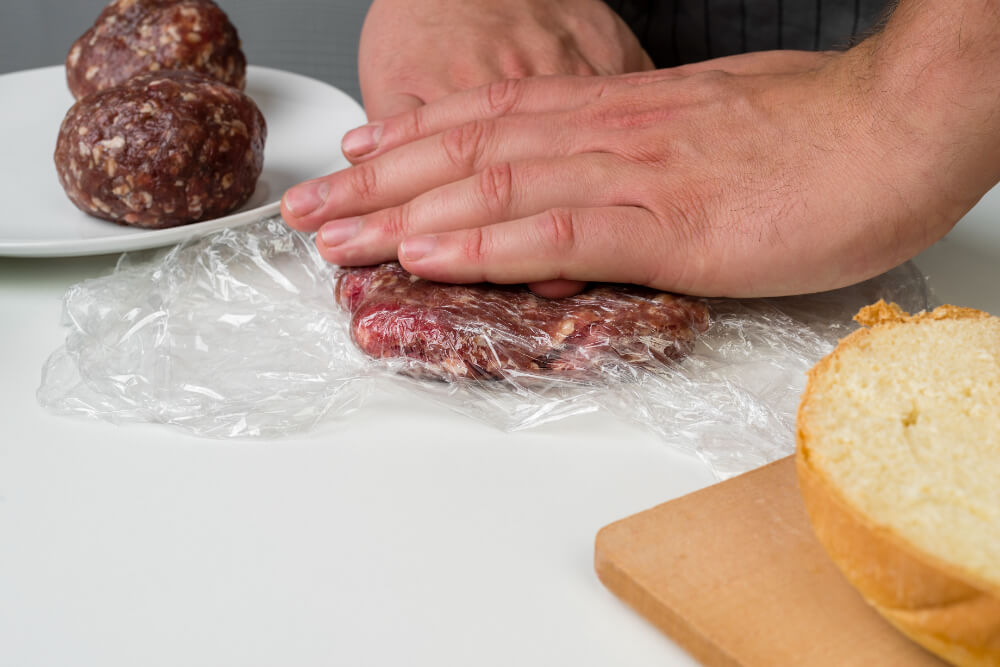Tips to keep Holiday Food Safe

Joy and celebration are nothing when there is no delicious food. However, for busy days like the holiday season, commercial kitchens have challenges in maintaining the safety of food. With increased volume of meals being prepared and served, food safety standards must remain a top priority to ensure customer health and satisfaction. Here is the best practice for maintaining food safety during the holiday rush.
-
Maintain Proper Temperature Control
Temperature control is critical in preventing foodborne illnesses. Keep the cold storage at or below 40°F and hot holding areas at or above 140°F. Using calibrated thermometers to regularly check the temperature of refrigerators, freezers, and hot food holding units. Ensure that cooked foods are quickly cooled before storing and reheated to the appropriate temperatures before serving.
-
Implement Strict Hygiene Practices
Handwashing is one of the simplest and most effective ways to maintain food safety. Staff should be advised to wash their hands frequently, especially after handling raw ingredients, using the restroom, or touching common surfaces. Gloves and hairnets should be compulsory to minimize the contamination risks.
-
Prevent Cross Contamination
Set up separate preparation areas for raw meat, vegetables, and ready-to-eat items. Use color-coded cutting boards and utensils to distinguish between different food types. Regularly clean and sanitize surfaces and equipment to avoid cross-contamination.
-
Train Staff on Food Safety Protocols
The holiday season often requires hiring temporary staff. Ensure all the team members are trained in food safety protocols, including proper storage, cooking temperatures, and personal hygiene. Regular refresher training sessions can help maintain consistent standards.
-
Manage Inventory Responsibly
In a commercial kitchen, it is very important to keep a close eye on inventory ingredients to ensure they are fresh and within their expiration dates. Implement a first-in, first-out system to reduce waste and avoid using expired products. Properly label all stored items with preparation and expiration dates.
-
Conduct Regular Equipment Maintenance
Commercial kitchens are fully equipped with heavy equipment. This equipment needs to have proper scheduled inspections and maintenance. Schedule regular inspections and maintenance of units, ovens, and other critical appliances to keep the food safe from unwanted smells and odors. Address any malfunctions immediately to avoid any risk.
-
Establish a Crisis Plan
Despite best efforts, incidents can occur. Have a clear path in place to address food safety emergencies such as contamination or foodborne illness reports. Quick actions can mitigate risks and protect your establishment’s reputation.
M&M Best Practice
M&M’s best practice is using food safety management software to track and automate compliance. These systems help monitor critical data such as refrigeration temperatures, staff hygiene checklists, and expiration dates in real time. They can also send alerts for temperature fluctuations or tasks that need immediate attention, ensuring no safety steps are overlooked during the busy holiday season. This tech-forward approach not only ensures food safety but also streamlines operations, saving valuable time and reducing human error.
Amid the holiday rush, it’s easy for food safety to take a backseat to efficiency. However, maintaining high standards ensures not only customer satisfaction but also the health and well-being of all diners. By implementing these best practices, busy holiday kitchens can deliver festive feasts that are as safe as they are delicious.
